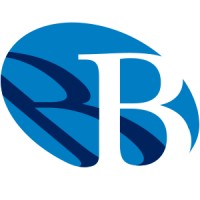
Backstage Library Works
It's all about access. Libraries, museums, and archives have collections whose greatest value is found when those materials can be discovered and viewed by patrons and researchers. These institutions are also charged with preserving collections for future access. Backstage Library Works provides professional services to cultural heritage institutions to help open and expand pathways to access in their collections. Services range from cataloging and non-MARC metadata to digitization and microfilming, from authority control and record enrichment to on-site inventory, reclassification, and RFID tagging. Backstage offers technology, expertise, and manpower that enable librarians and archivists to accomplish their goals.






